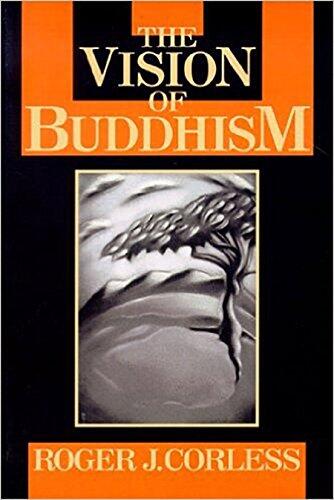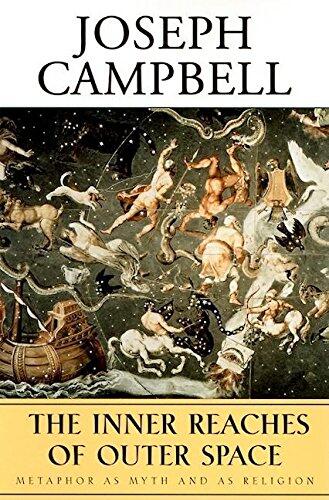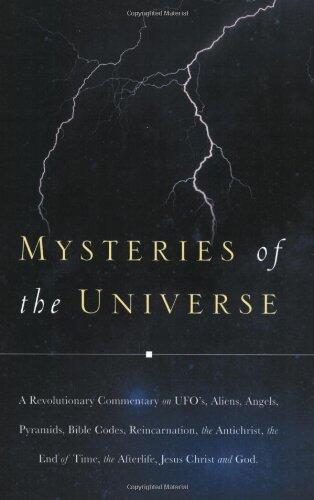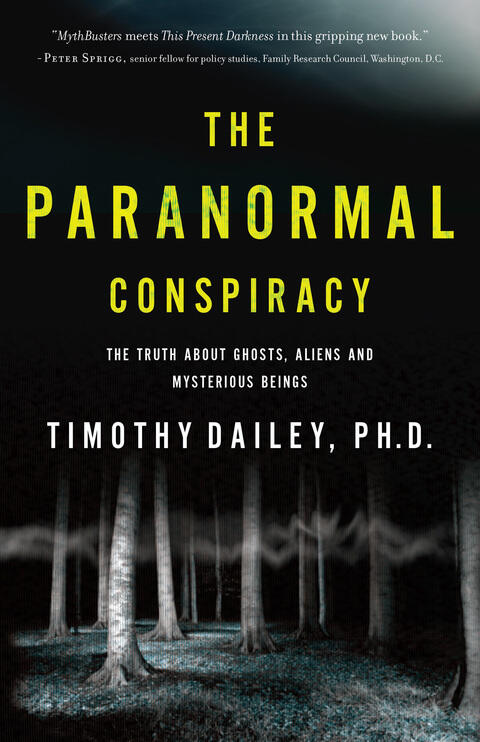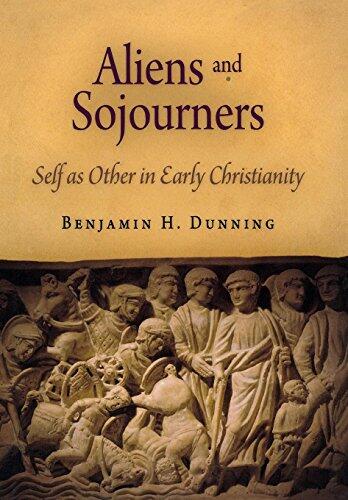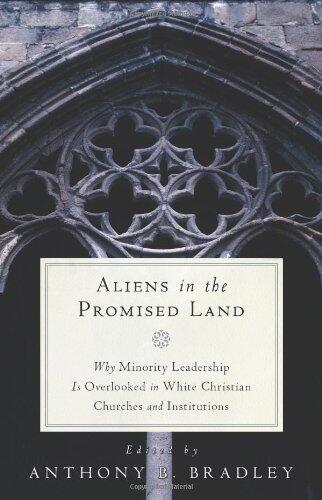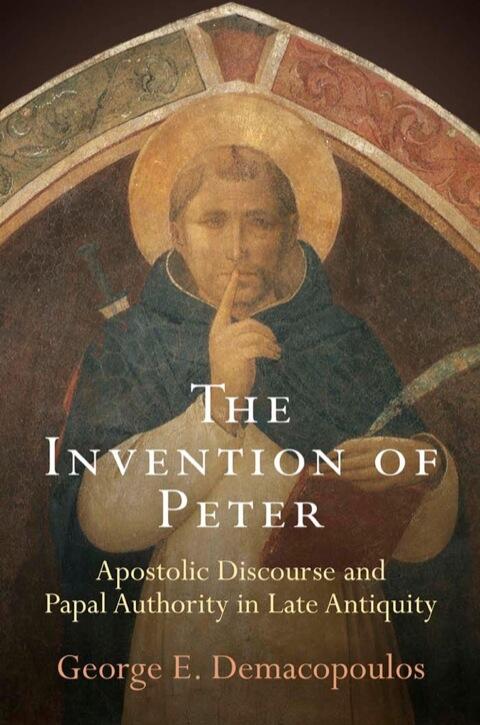
The Invention of Peter: Apostolic Discourse and Papal Authority in Late Antiquity
まだ評価がありません
Religion & Spirituality
History
形式
キンドル
ページ数
264
言語
英語
公開されました
Jan 1, 2013
出版社
University of Pennsylvania Press
版
Reprint
ISBN-10
0812208641
ISBN-13
9780812208641
説明
George E. Demacopoulos explores the complex interplay between apostolic discourse and the development of papal authority during Late Antiquity. Through a meticulous examination of early church history, he sheds light on how the figure of Peter became a pivotal foundation for claims of ecclesiastical power. The narrative delves into historical contexts, emphasizing the socio-political dynamics that shaped religious authority as the church sought to establish itself in a rapidly changing world.
The work reveals how Leo the Great, on the anniversary of his papacy, deftly navigated the tensions between tradition and innovation. Demacopoulos illustrates how Leo and his contemporaries engaged in theological debates to consolidate their claims, framing Peter not only as a historical figure but as a symbol of divine authority that transcends time.
As the author unravels the layers of theological discourse, readers encounter the significant role of rhetorical strategies in shaping the early church's identity. The text invites reflection on how these ancient debates still resonate in contemporary discussions of authority and leadership within religious institutions.
Ultimately, Demacopoulos’s analysis offers profound insights into the formation of Christian identity and the ongoing relevance of apostolic heritage, suggesting that the legacy of Peter continues to influence the church today. The exploration of these themes contributes to a deeper understanding of the foundations of papal authority and its implications for faith communities throughout history.
The work reveals how Leo the Great, on the anniversary of his papacy, deftly navigated the tensions between tradition and innovation. Demacopoulos illustrates how Leo and his contemporaries engaged in theological debates to consolidate their claims, framing Peter not only as a historical figure but as a symbol of divine authority that transcends time.
As the author unravels the layers of theological discourse, readers encounter the significant role of rhetorical strategies in shaping the early church's identity. The text invites reflection on how these ancient debates still resonate in contemporary discussions of authority and leadership within religious institutions.
Ultimately, Demacopoulos’s analysis offers profound insights into the formation of Christian identity and the ongoing relevance of apostolic heritage, suggesting that the legacy of Peter continues to influence the church today. The exploration of these themes contributes to a deeper understanding of the foundations of papal authority and its implications for faith communities throughout history.
